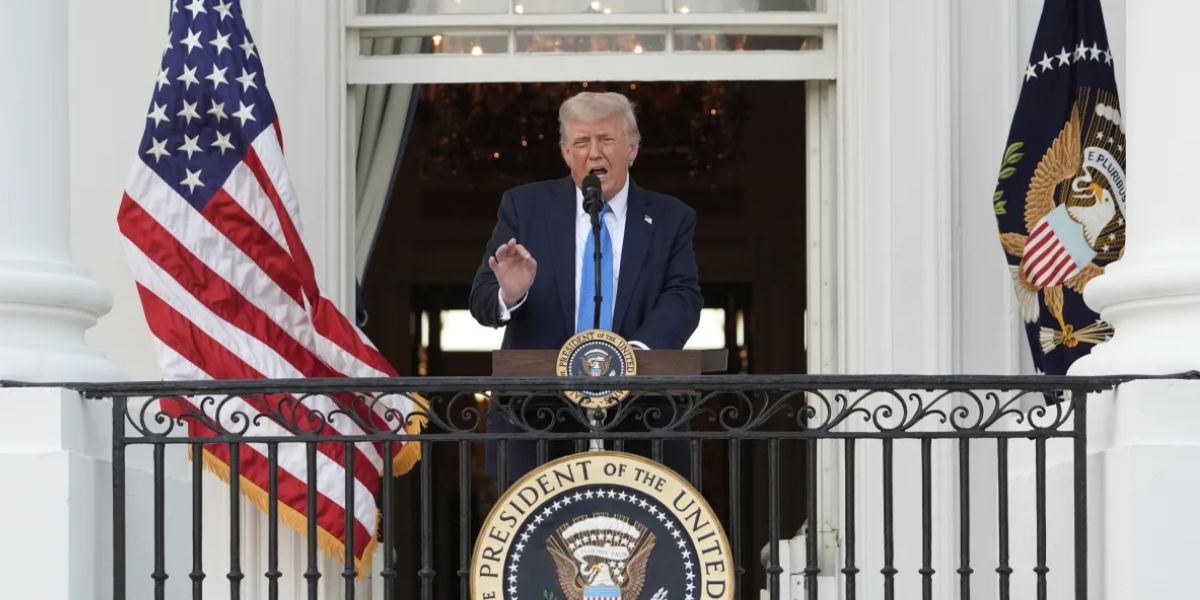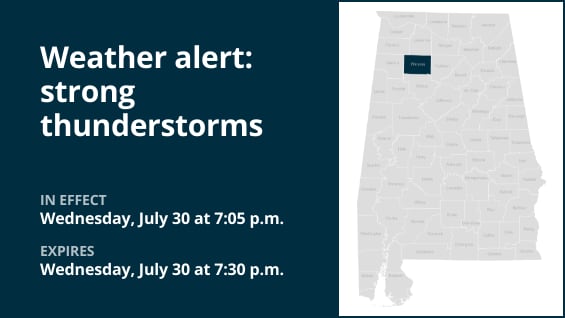President Donald Trump issued a proclamation Wednesday prohibiting citizens of a dozen nations, including Afghanistan, Haiti, and the Republic of Congo, from entering the United States, reiterating one of the most contentious policies of his first term.
In order to strengthen national security and fight terrorism, Trump presented the new restrictions—which mostly target nations in Asia and Africa—as essential.
“As President, I must act to protect the national security and national interest of the United States and its people. I remain committed to engaging with those countries willing to cooperate to improve information-sharing and identity-management procedures, and to address both terrorism-related and public-safety risks,” according to the proclamation.
Afghanistan, Myanmar, Chad, Equatorial Guinea, Eritrea, Haiti, Iran, Libya, Somalia, Sudan, and Yemen are among the 12 nations whose citizens will not be allowed to enter the United States.
According to Trump’s proclamation, a number of the nations on the list had visa overstay rates the administration considered “unacceptable” and demonstrated “a blatant disregard for United States immigration laws,” or they routinely refused to accept the return of their citizens.
The decree stated that other countries on the list, such as Sudan, Yemen, and Somalia, were added due to insufficient screening and vetting procedures.
Seven more nations were subject to partial travel restrictions, which restricted entry into the nation under a number of visa programs without enacting a complete ban.
Burundi, Cuba, Laos, Sierra Leone, Togo, Turkmenistan, and Venezuela are among these nations.
Any lawful permanent resident of the United States, holders of Afghan Special Immigrant Visas, diplomatic visas, immigrant visas for immediate family members, and visas “for ethnic and religious minorities in Iran” are all protected from the proclamation. Adoptions, dual nationals traveling on passports from unrestricted nations, and athletes or members of sports teams visiting the nation for the Olympics or World Cup were also exempt.
On Monday, the travel restrictions are scheduled to take effect at 12:01 a.m. ET.
With Trump’s efforts to impose tariffs on dozens of countries across the country, cut off humanitarian aid to developing countries, and force countries to accept immigrants he wants to deport while punishing those that do not, the travel ban runs the risk of exacerbating already tense geopolitical tensions.
The White House posted a video on Wednesday night in which Trump referred to the travel limits as “a key part of preventing major foreign terror attacks on American soil.”
Using recent violence in Boulder, Colorado, where a man injured at least 12 protesters in what local authorities described as an antisemitic attack, he began the speech by citing the need for a renewed visa restriction.
“A recent terror attack in Boulder, Colorado, has underscored the extreme dangers posed to our country by the entry of foreign nationals who are not properly vetted, as well as those who come here as temporary visitors and overstay their visas. We don’t want them,” Trump stated.
Mohamed Sabry Soliman, the attacker’s suspect, is an Egyptian national who requested for asylum after entering the nation on a tourist visa. While his asylum case was pending, his tourist visa expired. The recently announced travel restrictions do not apply to Egypt.
Homeland Security Secretary Kristi Noem said Immigration and Customs Enforcement had taken Soliman’s family into custody Tuesday and was processing them for removal procedures. Later, on Wednesday, a judge issued an order to stop Soliman’s wife and five children from being deported.
Read Also: Justice Department Files Charges Over Facebook Threat Against Former President Trump
The new travel restrictions bring back one of Trump’s most controversial first-term measures, a travel ban from 2017 that he referred to as one of his “most successful policies” on Wednesday.
The only nations included by any of Trump’s travel bans are Yemen, Somalia, Libya, and Iran.
Until January 20, 2021, when then-newly elected President Biden signed a proclamation titled “Ending Discriminatory Bans on Entry to The United States,” such limitations remained in effect.
Trump restricted refugee admissions from nearly every nation, including Afghanistan, Sudan, the Republic of Congo, and Myanmar, shortly after he was elected president for the second time.
After the Biden administration extended Haiti’s Temporary Protected Status beyond 2026 due to political unrest and violence on the island, the Trump administration revoked the status in February.
Similar efforts have also been made to terminate TPS for the millions of Venezuelans who entered the nation while protected.






